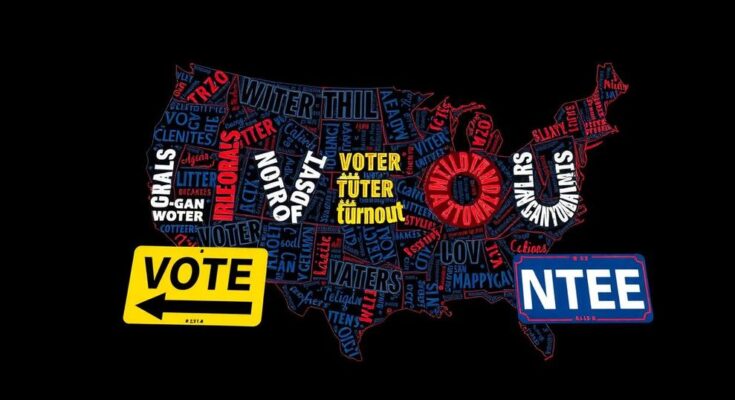Voters across the U.S. rejected numerous election reform initiatives despite over $100 million raised to support them. Proposals like ranked choice voting and open primaries were turned down in various states. Advocates emphasize the need for more grassroots support to advance future proposals following the setbacks.
Despite a significant financial investment exceeding $100 million to promote election reforms, voters across various states in the United States largely rejected proposed changes intended to modernize the voting process. Activists had maintained high hopes for the acceptance of measures such as ranked choice voting and open primaries, which allow for more comprehensive candidate options on ballots. However, results indicated a strong preference for traditional voting methods, leaving proponents of reform introspective about the future of their initiatives.
In several states, including Arizona, Colorado, and Nevada, voters dismissed ballot questions aimed at replacing partisan primaries or implementing ranked choice voting. Open primaries would allow candidates from all political parties to compete on a single ballot, while ranked choice voting permits voters to rank candidates by preference, redistributing votes until a candidate secures a majority.
Despite their notable fundraising efforts, advocates found it challenging to sway the majority of voters. Surveys indicated that many Americans remain comfortable with existing voting systems, highlighting a disconnect between the advocacy push and voter readiness for substantial change. The failure of these initiatives appears to have prompted a reevaluation of strategies among reform groups, who may look to build grassroots support more effectively in the future. This report sheds light on the complex dynamics influencing voter decisions and the evolving landscape of electoral reforms in the United States.
The recent rejection of election reform measures in various states reflects broader concerns about the electoral process in the U.S. Stakeholders had anticipated a shift toward more inclusive voting methods, including ranked choice voting and open primaries. Historically, reforms were viewed positively in some areas, such as Alaska, which previously accepted similar measures. However, the stark defeat in this cycle indicates a critical examination of voter sentiment and communication strategies used by reform advocates is necessary to further advance these initiatives.
The recent elections reveal a significant setback for proponents of election reform, as initiatives were rejected across a spectrum of states despite substantial financial backing. This situation underscores the challenge of changing voting behaviors and attitudes among the electorate. Going forward, it is essential for reform advocates to cultivate deeper grassroots support and reassess outreach strategies to improve acceptance of alternative electoral methods among voters in the United States.
Original Source: gazette.com




